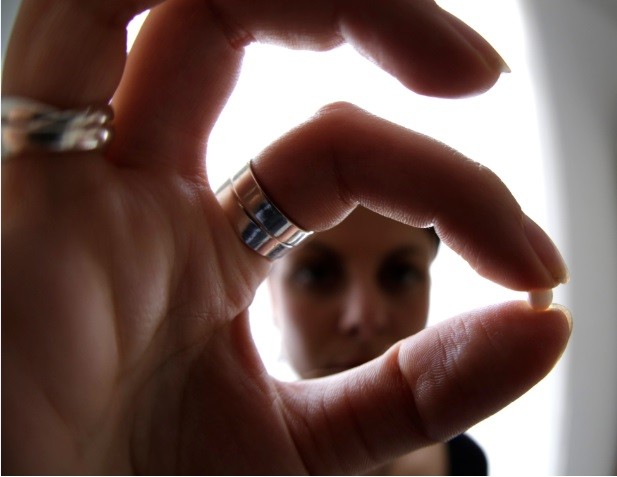According to a study from the Centers for Disease Control and Prevention, use of long-term contraceptive methods has risen sharply among teenagers in the last decade, Huffington Post reported. However, use of the most effective contraceptive known as long-acting reversible contraception (LARC) has not increased.
The American College of Obstetricians and Gynecologists and American Academy of Pediatrics have been recommending for a long time for the use of LARC among teen girls. It is believed that most teenagers do not use these contraceptive methods because they are not aware of them.
Ileana Arias, the CDC's principal deputy director, said that health care professionals have a very strong role to play in decreasing teen pregnancy. They can encourage teenagers not to have sex and discuss the use of implants and IUDs as contraceptive options available to teenagers who want to be sexually active. Arias further said that they need to eliminate barriers and increase availability, access and awareness of these methods for teenagers.
In the study, scientists analyzed data from 8 million teens who sought contraception from birth control clinics funded by a federal grant program Title X. It was found that the use of implants and IUD's was highest in Colorado (26 percent) and lowest in Mississippi (0.7 percent). Also, the use of implants accounted for most of the increase in the use of LARC, WebMD reported.
According to the CDC, LARC methods are safe for teenagers, and unlike condoms or birth control pills, they do not need that people remember to do something each time they engage in sexual activity. During the first year of use, less than 1 percent of women who use implants and IUD's become pregnant, compared to 18 percent of women who use condoms 9 percent of women who use birth control pills.



























